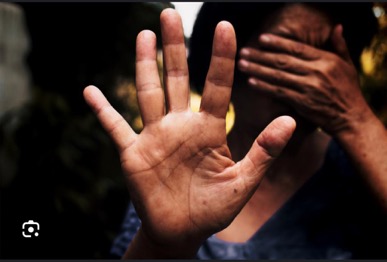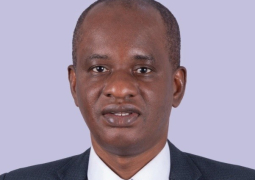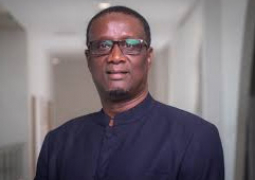
Like the global prevalence rate, it was found that one in three women in the Gambia experiences sexual or physical violence in their lifetime.
As stated in the 2019/20 Demographic and Health Survey, 9% of women between ages 15 and 49 have experienced sexual violence, 40% of ever-married women have been subjected to either physical, sexual, or emotional violence by their current or most recent partners, and 51% of women and 35% of men in The Gambia agree that wife beating is acceptable. In The Gambia, Intimate Partner Violence is still seen by many as a private matter between spouses, and only a limited number of women seek legal recourse due to the patriarchal nature of the society.
Recently we have seen a man from Jalabang Village, of West Coast Region, appeared in high court charged with causing serious bodily harm to his wife by using a cutlass to wound her on the hands and legs, resulting in serious injuries.
Lawkadinch S. Gomez, an SDG champion and youth activist, emphasises that gender-based violence is still being fought everywhere, adding that The Gambia has seen a rise in complexities of GBV cases since the Covid-19 era, which has affected the growth of children and young people in the country.
Ms Gomez stated that in as much as the youth make up more than 60% of the population, a lot of atrocities are also committed by people beyond the youthful age bracket.
"More violence has been committed towards women and girls as compared to men,” she says. “This is why campaigns and advocacy groups focus 75% or more of their work on women and girls. It is a national concern to address not just with policies but with strict enforcement measures."
She further indicates that laws on the protection of women and children in the Gambia should be revised to suit the current state of the country and the world at large. Issues like cyberbully are not reflected in these acts and laws even though more women and children continue to face such issues in the country.
An anonymous source states that the concept of women being inferior to men is a key factor in enabling abusers, adding that women should be seen at all times as humans, with rights and dignity.
“This should be filtered down to the grassroots to ensure a change in the mindset of the people from the earliest stages,” she reasons, saying: “It is important to note that GBV has different forms and all are quite evident in the Gambia.”
She contends that people frown more on the physical GBV but the other forms equally dehumanize people, especially women and children, to change the mindset of people to respect and understand human rights, women’s rights and children’s rights. It is important to ensure teachers at all levels understand these first, she says, adding that the police and law enforcement officers should also understand the law and the consequences of GBV.
She however recommends that the courts and justice system should pay critical attention to cases of GBV to ensure fair rulings and non-delayed trials, adding that the government should endeavour to protect women and children all the time.
A victim of survival of gender-based violence, name withheld, stressed that parents should start believing the stories of their daughters/sons because they are experiencing a lot of trauma.
“ Let them have the connection, the bond to know what their kids are going through, and for the government to let them establish therapy programs,” she advises, saying: “I have attempted to go for a therapy session and I was charged D2,000 per session. Who can afford that? It's also a challenge."




